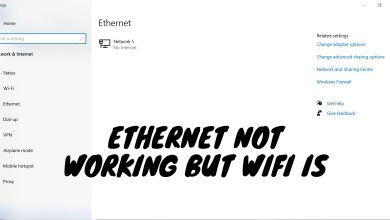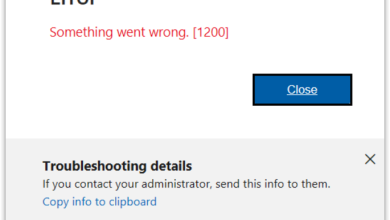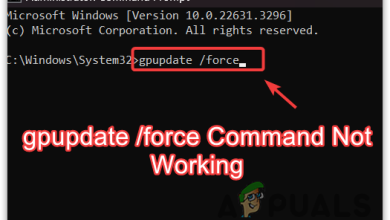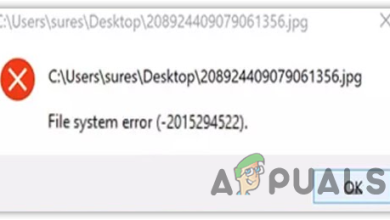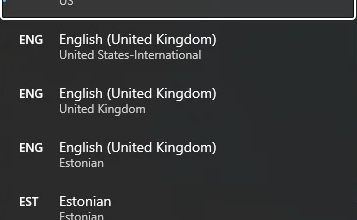How to Troubleshoot Error Code 0x8A150049 on Microsoft Store?
When a problem occurs with the Windows installer service or component, it can result in error code 0x8A150049 while attempting to install apps from the Microsoft Store. This error is commonly caused by the Windows installer service failing to respond. As a result, many users are unable to resolve this issue because they apply solutions intended for fixing Microsoft Store issues, not those related to the Windows installer component.
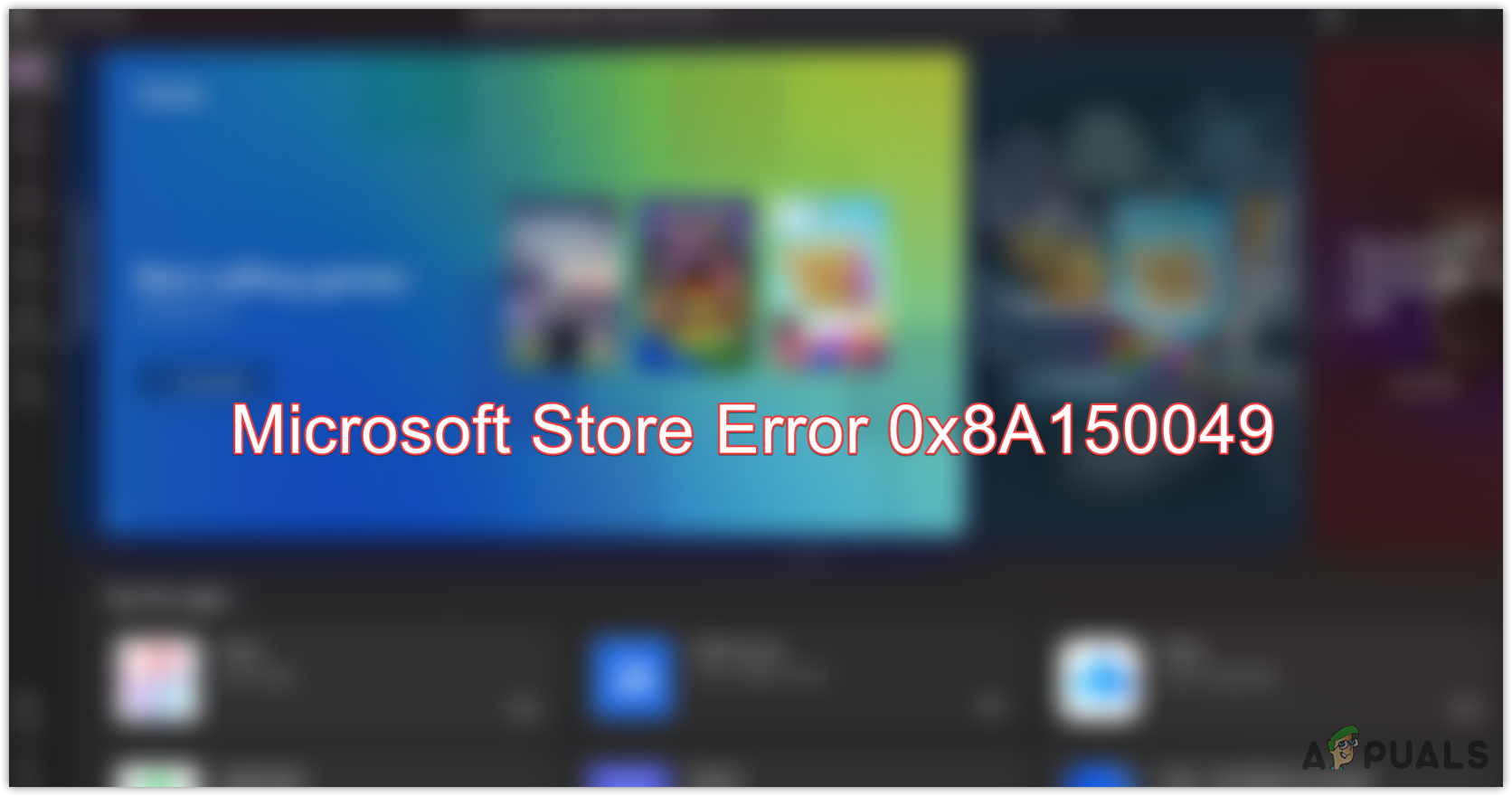
The Windows installer is a key component responsible for the installation, modification, and uninstallation of software products. Consequently, any issues with the Windows installer component will prevent the installation or uninstallation of applications.
Other potential causes of error 0x8A150049 include corrupted Microsoft Store files and cache. Having discussed the causes, let’s proceed to the solutions.
1. Restart the Windows installer service
Considering that problems with the Windows installer are among the primary causes, it is advisable to begin by troubleshooting this component. Restarting the Windows installer service may resolve the issue, allowing you to install the Microsoft Store app without encountering the error message.
- Right-click the Start Menu and select the Run option to open the Run Program.
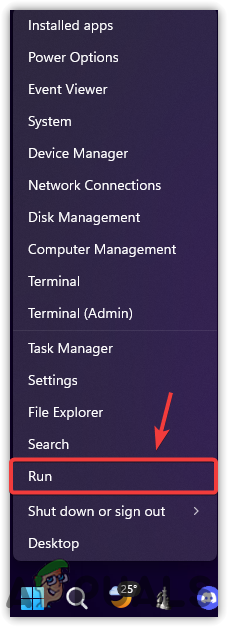
- Enter services.msc in the Run Window.
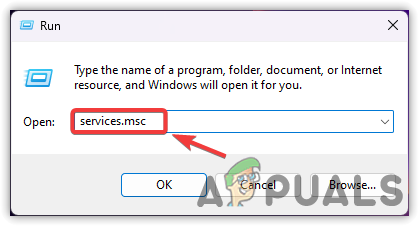
- Locate and right-click the Windows Installer service, then select Properties.
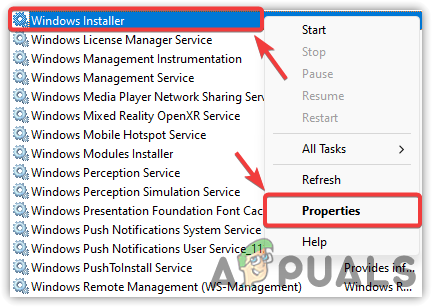
- Switch the Startup type from Manual to Automatic.
- Click Start to activate the service.
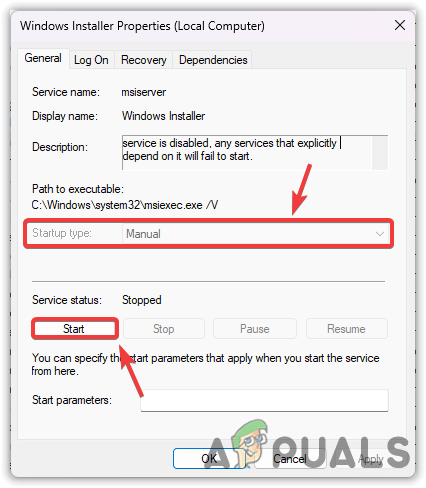
- Try installing the app from the Microsoft Store once again.
2. Reregister the Windows installer service
Reregistering the Windows installer service can be an effective troubleshooting step for error 0x8A150049.
- Press the Win key to access the Start Menu.
- Search for Command Prompt in the Windows search bar.
- Right-click on it and select Run as administrator.
- Execute the following commands:
msiexec /unregister
msiexec /regserver
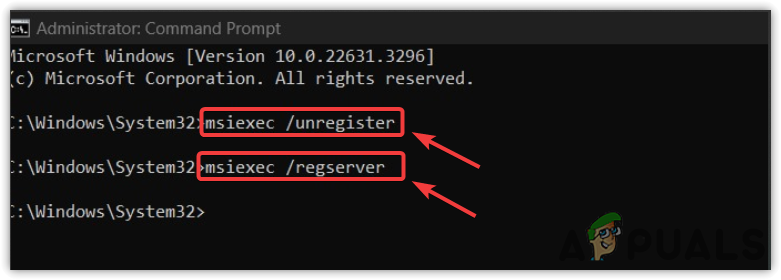
- Check if the error still occurs by attempting to install the Microsoft app.
3. Ensure TLS 1.2 and TLS 1.3 are enabled
Transport Layer Security (TLS) is a protocol designed to secure communications between a client and a server. Enabling TLS 1.2 and TLS 1.3, which are the more recent versions of the TLS protocol, has resolved many Microsoft Store error codes.
- Search for Internet Options from the Start Menu.
- Press Enter to access the Control Panel Internet Options.
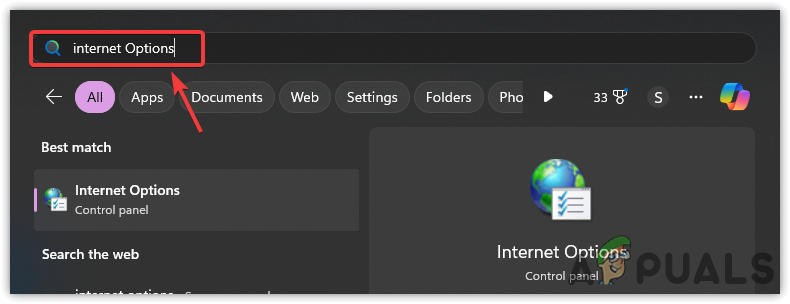
- Select the Advanced tab in the Internet Properties window.
- Scroll to the bottom and deselect SSL 3.0, and TLS 1.0 and 1.1.
- Ensure that TLS 1.2 and TLS 1.3 are selected.
- Click Apply and then OK.
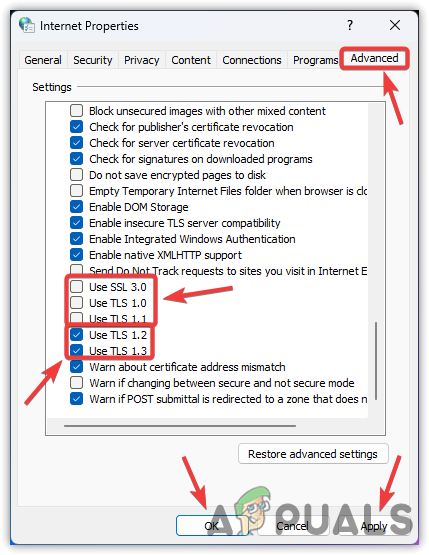
- Restart your computer and attempt to install the app from the Microsoft Store once more.
4. Reset the Microsoft Store cache
Occasionally, cache data can become corrupted, which may interfere with app installation. This is a common issue with the Microsoft Store. If this is the case, simply resetting the Microsoft Store can clear the cache and potentially resolve the problem.
- Press Win + R simultaneously to open the Run Window.
- Type wsreset.exe and click OK to reset the Microsoft Store Cache.
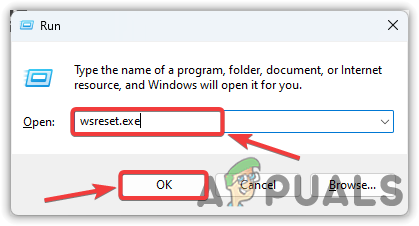
5. Reinstall Microsoft Store
If none of the above methods work, you may need to reinstall the Microsoft Store, as file corruption within the Store may be preventing proper installation of apps. Unlike third-party apps, the Microsoft Store cannot be uninstalled in the traditional manner. You will need to use Windows PowerShell and specific commands to reinstall the Microsoft Store.
- Hit the Win key and search for Windows PowerShell.
- Right-click on PowerShell and select Run as administrator.
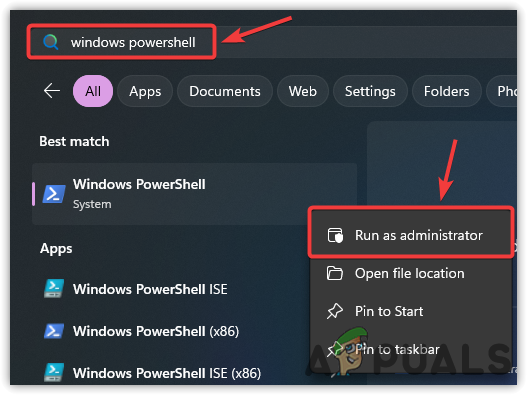
- In PowerShell, type the following commands to reregister the Microsoft Store:
Get-AppxPackage -allusers Microsoft.WindowsStore | Foreach {Add-AppxPackage -DisableDevelopmentMode -Register "$($_.InstallLocation)\AppXManifest.xml"}
- Restart your computer afterwards.
- Now, you should be able to install apps from the Microsoft Store without encountering any errors.
If reinstalling the Microsoft Store does not work, it is possible that the Windows installer component is damaged, which is why you cannot install apps from the Microsoft Store.
To address this problem, consider resetting your Windows without losing data, or use a system restore utility if you have previously created a restore point.
